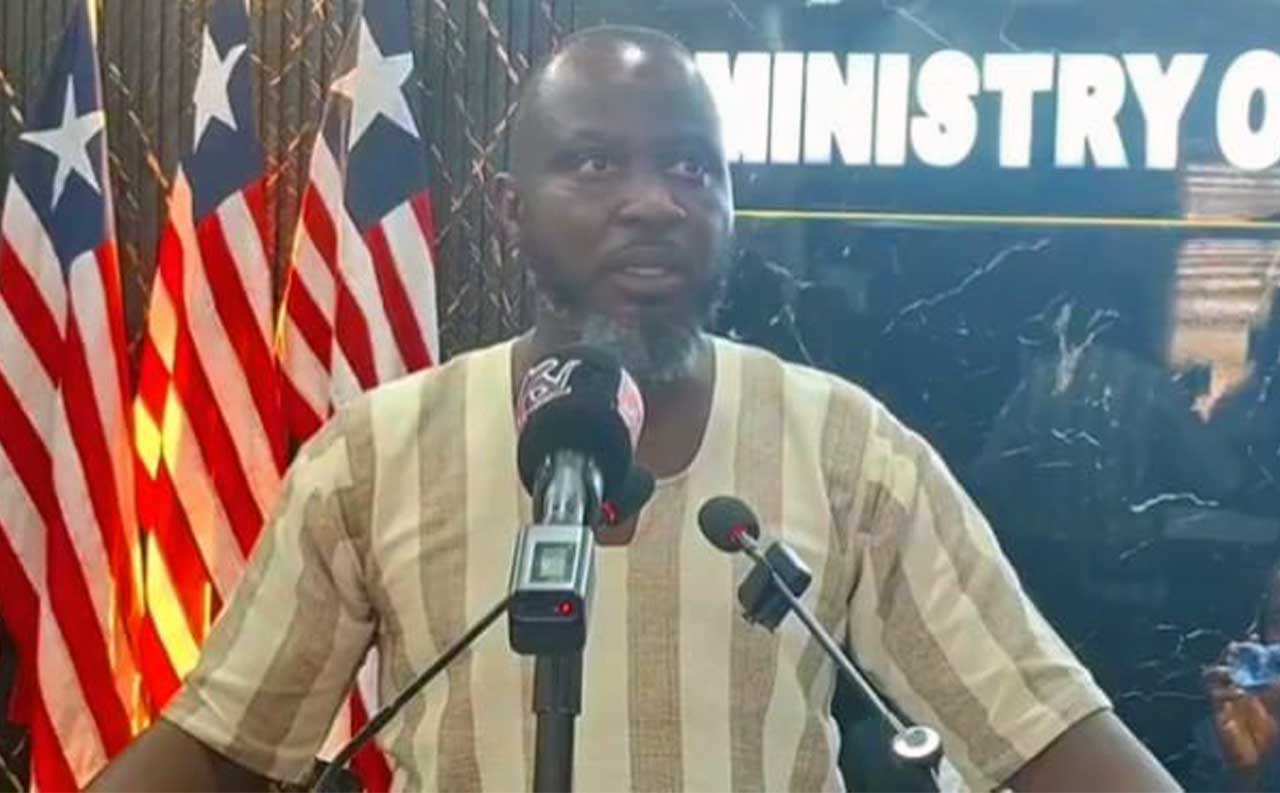The Civil Law Court at the Temple of Justice in Monrovia has passed a declaratory judgment in favor of former Deputy Director General of the Liberia Institute of Statistics and Geo-Information Services (LISGIS), Wilmot Smith, for being wrongfully dismissed by the Government of Liberia.
The Court ruled on last Friday that all rights be restored and granted to the petitioner For Declaratory Judgment for the wrongful form and manner in which the Government of Liberia dismissed him.
The Civil Law Court judgment termed the dismissal as wrongful, illegal and Ab Ignitio, and ordered that the Government of Liberia must restore all his rights while paying all salary arrears from 2022-2025.
It can be recalled that Smith was dismissed in 2023 by former President George Weah following allegations made on the Spoon TV talk show linking him to financial misconduct regarding funds designated for enumerators, but sought legal redress praying the court for declaratory judgment for being wrongfully dismissed.
In his lawsuit, Smith requested for reinstatement, arguing that his termination by Weah contravenes the Act establishing LISGIS and Article 89 of the Liberian Constitution, which mandates the National Legislature to establish autonomous agencies with internal autonomy.
The lawsuit contends that Smith’s appointment as deputy director was authorized by the LISGIS Board of Directors, a power granted under the June 4, 2018 Act. It argues that while dismissals in such positions require just cause; the Act does not grant the President authority to dismiss him or the Director-General, as the power lies with the LISGIS Board.
Furthermore, the lawsuit asserted that the formal President’s dismissal of Smith without due process violates constitutional provisions regarding the removal of officials from legislatively created agencies. The lawsuit highlights violations of the Act of LISGIS, particularly Section 50A.4 (1) and (2), which detail the President’s powers over the organization.
According to the suit, to dismiss the one who occupies a position, it must be for a cause, but the Act of LISGIS does not grant power to the President of Liberia to dismiss him or the Director-General; rather, it is the Board of LISGIS.
The suit further argued that for the president to claim dismissal of the Petitioner “for cause” in the absence of the due process of law is a violation of Chapter III, Article 20 of the Constitution of Liberia, especially when he exercised a power that the law did not give to him.
“The petitioner was never accorded due process of law, violates the Act of LISGIS Section 50A.4 (1) and (2),” the lawsuit alleges. The act clearly states that: Powers of the President: In keeping with this Act, the President shall exercise such powers as follows: 1. Appoint initially the Board of Directors and Its Chairman, with the Board becoming self-appointing after that upon recommendation of the Director General; 2. Appoint a qualified Director-General initially uncapping with Section 50A.2 above. After that, the authority to make subsequent appointments shall vest in the Board of Directors.
Smith’s legal challenge recalls the statutory requirements set by former President Ellen Johnson Sirleaf in 2004 relating to LISGIS leadership appointments. It argued that subsequent presidents do not have the jurisdiction to remove the Director-General, Deputy Director Generals, or board members without breaching the LISGIS Act.
Alleging a flagrant disregard for the LISGIS Act, Smith informed the court that his rights were violated through an unlawful dismissal by former President George Weah.



